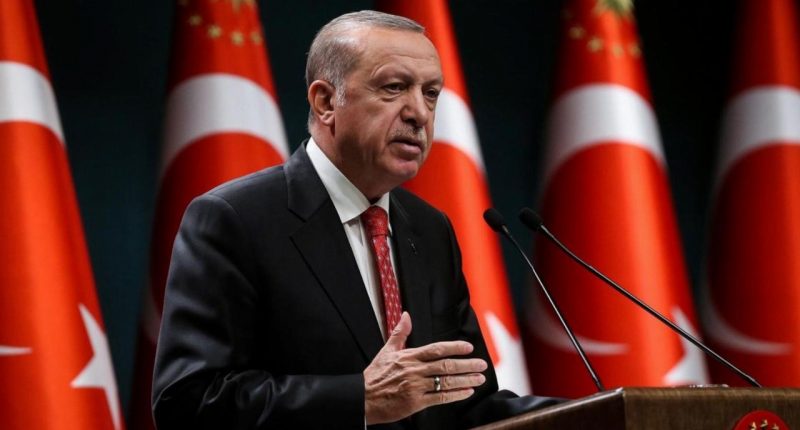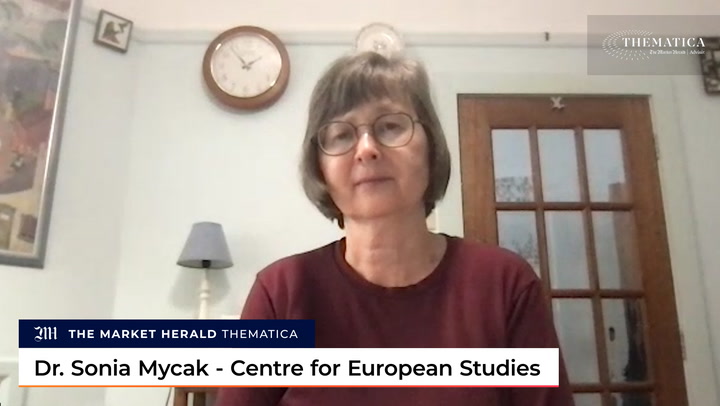- Turkey’s currency, the lira, has rallied after the country’s central bank substantially increased its key interest rate to 15 per cent
- The bank ramped up the rate by 475 basis points, the steepest increase in over two years
- The increased rate has lifted the lira from recent record lows, but could slow economic recovery from COVID-19’s impacts
- Turkey’s central bank has pledged to address the nation’s double-digit inflation, “harmful dollarisation trend”, and depleted foreign exchange reserves
- This sudden shake-up comes after Turkey recently welcomed a new Central Bank Governor and new finance minister
Turkey’s currency, the lira, has rallied after the country’s central bank substantially increased its key interest rate to 15 per cent.
The nation’s bank ramped up the rate by a massive 475 basis points, the steepest increase in over two years. In response, the lira rose to sit at 7.799 against the US dollar, its strongest position since September.
Turkey’s central bank has pledged to address the nation’s various financial issues, as part of a new national economic course. These issues include its double-digit inflation, a “harmful dollarisation trend”, and depleted foreign exchange reserves.
“The tightness of monetary policy will be decisively sustained until a permanent fall in inflation is achieved,” the bank said.
The increase brought on by the interest hike is the second major rally that the lira has made in as many weeks. The currency’s first rally, an increase of roughly 12 per cent, came after Turkey recently welcomed a new Central Bank Governor and new finance minister.
The bank’s new Governor, Naci Agbal, replaced Murat Uysal after Uysal was fired by Turkey’s President Recep Tayyip Erdogan. Governor Agbal was installed by President Erdogan less than two weeks ago, but has already moved quickly to implement the new economic approach.
The country’s new finance minister, former Deputy Prime Minister Lutfi Elvan, was appointed after his predecessor unexpectedly resigned. The prior finance minister, who reportedly quit due to health reasons, was President Erdogan’s son-in-law Berat Albayrak.
This sudden overhaul of Turkey’s economic leadership has already made considerable strides towards addressing the nation’s financial woes. The increased interest rate has lifted the lira from recent record lows, but could slow the nation’s economic recovery from COVID-19’s impacts.
As such, the long-term results of these changes remain to be seen, as Turkey continues to grapple with COVID-19 and ongoing geopolitical tensions.








